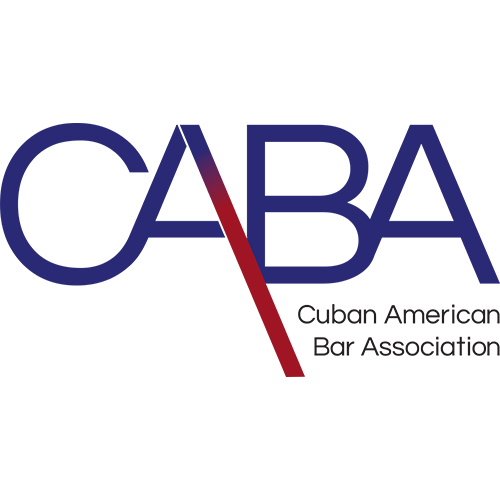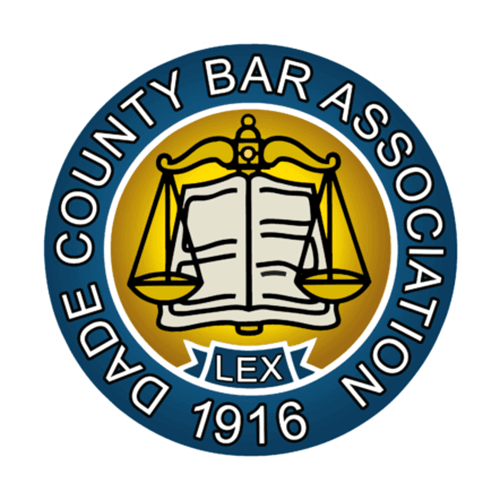Statutory Protection for the Elderly
reviewed for Accuracy
The content on this page has been produced and reviewed in accordance with our editorial guidelines. This content has been reviewed and approved by founding Personal Injury Attorney Jack G. Bernstein who has over 40 years of legal practice experience.
The frequency of mistreatment of older people came to the attention of the general public and lawmakers in the early 1980’s. Numerous cases, in which older people were being physically harmed; deprived of food, water, or proper medical attention; and divested of their life savings by caregivers and relatives, were brought to light. When the widespread nature of this abuse and neglect became clear, state legislatures started to enact laws to address these problems.
Today, all states have laws curbing the abuse, neglect, or exploitation of older people, but follow different approaches. For instance, in most states, there is a system of adult protective services for investigating and remedying reported abuse. In most states, the abuse or neglect of older people is also a crime. Some states have laws giving victims of abuse, neglect, or exploitation civil causes of action for money damages.
If you are a senior citizen who has been mistreated, or if you care about such an individual, do not hesitate to contact an experienced elder law attorney to pursue appropriate legal redress.
Adult Protective Services
Typically, before any civil or criminal action is commenced against a nursing home, a report will have been made to your state’s adult protective services agency, or other system in place for the reporting and investigation of allegations of the abuse, neglect, or exploitation of the elderly.
All states have a system for reporting allegations of abuse, neglect, and exploitation of the elderly, for investigating the allegations and, if the allegations are founded, for providing services to the older person to remedy the problems and prevent their recurrence. In fact, most states have mandatory reporting requirements with respect to such allegations. If an agency concludes that an allegation is well-founded, it will respond by offering the older person appropriate services, such as medical assistance, counseling, special transportation, assistance with money management, or placement in a different residential setting.
Adult protective services might meet the needs of a nursing home resident who has been abused, neglected, or exploited; however, there may be situations where the victim or the victim’s family does not feel satisfied or justly compensated for the injury or indignity suffered at the hands of the nursing home. In such cases, the resident or resident’s family member should speak to an attorney about bringing a civil action for damages against the nursing home. In addition, the circumstances may warrant a criminal prosecution.
Civil Actions Based on Statute
Some state legislatures have authorized causes of action involving the abuse, neglect, or exploitation of older people, which allow victims to bring civil actions against the perpetrators and/or their employees. These causes of action may authorize damages awards to victims, but may also authorize the issuance of injunctions and restraining or protective orders, for immediate relief from ongoing abuse or neglect. Additionally, some states have special statutory rights of action for the violation of the rights of residents of long-term care facilities. Generally, the statutory rights of long-term care facility residents include the right to be free from abuse and neglect, the right to a safe environment.
To qualify for Medicaid funds, long-term care facilities that qualify as “skilled nursing facilities” must meet certain federal, statutory and regulatory requirements. Most nursing homes today fall in this category and, therefore, must meet federal standards. One federal requirement is that such facilities comply with a “Residents’ Bill of Rights,” which provides that residents have the right to be free from verbal, sexual, physical and mental abuse, corporal punishment and involuntary seclusion.
Federal law does not explicitly create a cause of action for nursing home residents who suffer from violations of their statutory rights, but experienced personal injury attorneys may find ways to bring successful claims under other federal statutes that affect the disbursement of federal funds to nursing homes, such as the Federal False Claims Act. Another option would be to sue a nursing home for false advertising if, for instance, it claimed to maintain high-quality resident care, but is found to have violated federal standards of care.
Abuse
While state definitions of abuse vary, many states’ definitions of abuse include actions that cause emotional anguish, psychological injury, or suffering. These definitions may cover a wide range of acts, from verbally insulting or demeaning an older person, to other actions that have the effect of causing emotional pain to, or instilling fear in, an older person. Some states also include isolating or unreasonably confining older people as a form of abuse. Isolation might include preventing communications with, or visits to, the older person. While the term “unreasonable confinement” suggests that, under some circumstances, an older person’s movement might reasonably need to be restricted for his or her safety, confinement beyond that which is necessary for the person’s protection could be considered abuse. Additionally, laws that apply to nursing homes may also include the unnecessary use of physical or chemical restraints as forms of abuse.
Neglect
Nursing home residents are, for the most part, dependent on others for at least some of their basic needs, such as food, shelter, and medical treatment. Being deprived of these necessities can harm or endanger an older person as much as an intentional injury can. Shocking examples of neglect, from reports to Congress, include persons lying in their own waste, with bedsores, having no human contact, and clearly in need of medical attention and personal hygiene.
Most states define neglect of an older person as the failure to provide him or her with services essential to health and safety, such as food, shelter, clothing, supervision, and medical care. Whether such failures are intentional, or simply careless, often will determine whether a case against a nursing home is framed as one for neglect or abuse.
Related: Nursing Home Infection Injury Attorney
Exploitation
Another way in which older people are harmed is being taken advantage of by caregivers. This could include having their money or property taken, being induced to perform sexual acts without consent, or being forced to perform other services for the benefit of a caregiver. Such exploitation might not endanger the older person’s health or safety, but it results in the loss of the person’s property or self-esteem. These situations may call for state intervention.
Many states define exploitation as the wrongful use of an older person’s resources for another person’s profit or advantage. State laws use various terms to denote the wrongful nature of the act, such as “illegal,” “improper,” “unjust,” and “without legal entitlement.” Some definitions refer simply to the misuse of the person’s funds, property or person. Some states specify that, to qualify as exploitation, the resources must have been obtained without the older person’s consent, or obtained through undue influence, duress, deception or false pretenses.
One type of exploitation is a breach of a fiduciary relationship, such as a guardianship or power of attorney, in which the older person’s property is misappropriated or resources are misused. A plaintiff who seeks to prove financial exploitation may need to rely on a different set of experts than those relied upon in matters of abuse and neglect. Rather than physicians and nurses, his or her attorney may retain accountants and computer experts to show the loss of resources and explain the transactions at issue.
Non-financial exploitation of older people, such as sexual exploitation, is also addressed by statute in most states. Implicit in most statutes is that the acts complained of are done without the older person’s consent, through threats, intimidation or undue influence, or because the older person is unable to give informed consent.
Conclusion
If you or a loved one in a nursing home has been neglected, abused, or exploited in any way, it is more than likely that there is a statute in his or her state designed specifically to remedy the situation. Therefore, the resident or a family member should not hesitate to contact an attorney to discuss initiating an investigation with the state’s adult protective services and, possibly, a civil lawsuit.
DISCLAIMER: This site and any information contained herein are intended for informational purposes only and should not be construed as legal advice. Seek competent legal counsel for advice on any legal matter.





